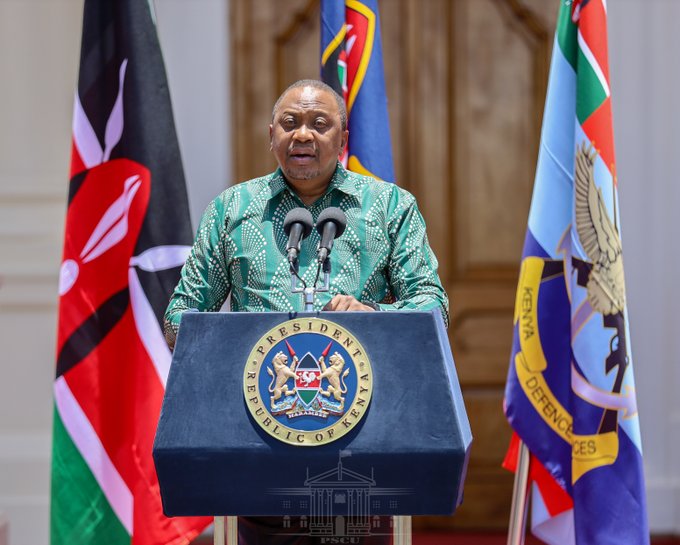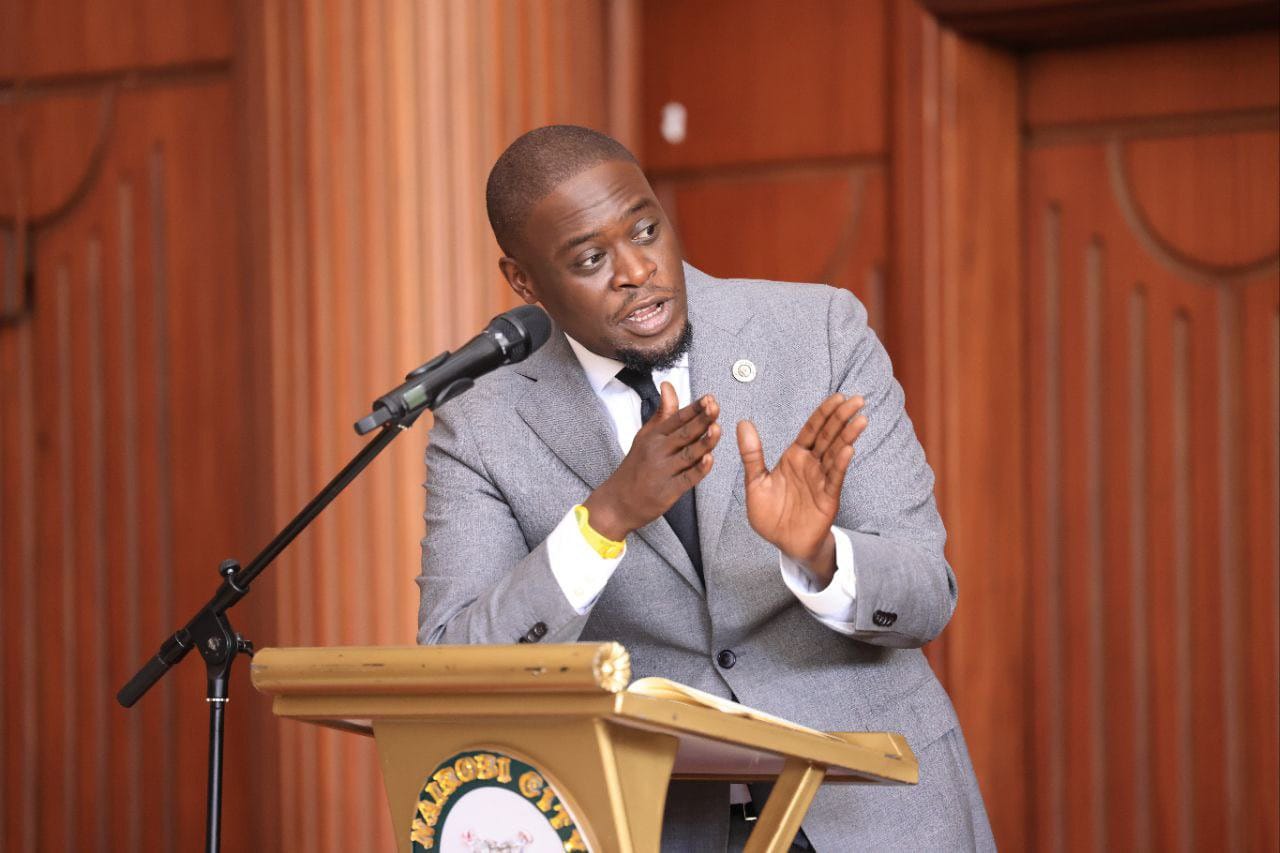President Uhuru Kenyatta has identified countrywide criminal gangs terrorizing Kenyans.
President Uhuru's state of the national security report presented before parliament notes that the groups continue to act as a major threat to security.
The Head of State identified five counties where the criminal gangs are prevalent.
He noted that in Nairobi, Mungiki, Gaza, Kayole Boys, and Superpower were the main threats in Nairobi county with its environs.
The 42 Brothers have been identified as the main threat in Kisumu, Bungoma, and Kakamega.
Read More
In Kiambu, Kamagira and Quil operating in Thika and Kikuyu areas extorted money from operators of public service vehicles and other business people.
The report forwarded by the National Intelligence Service noted that politicians were at the center of the emergence of the Mungiki sect group.
"Whereas the threats posed by Mungiki significantly declined during the period, there was re-emergence of activities by its remnants in parts of Nyeri, Murang'a, Kirinyaga, Kiambu, and Laikipia counties," the report reads.
"This was partly attributed to the support of the outlawed group by some political leaders coupled with the Mungiki leader's quest to reassert his position as the sect leader."
The report comes after an intelligence briefing indicated that politicians from both sides of Jubilee were involved in the planning and execution of the chaos in Kenol town, Murang'a, which led to the death of two people.
In general, the report indicated that crime in Kenya increased by 5.8 percent in 2019.
The report shows that terrorism remains a major security threat in Kenya. It established that learning institutions and correctional facilities had become a haven for radicalization and recruitment of al Shabaab militants.






-1713447672.jpg)